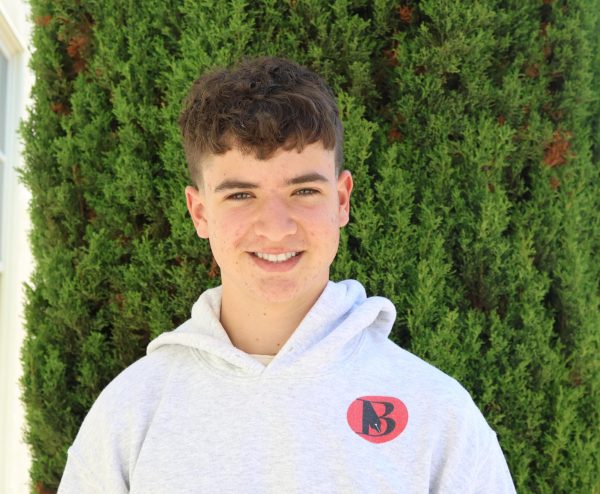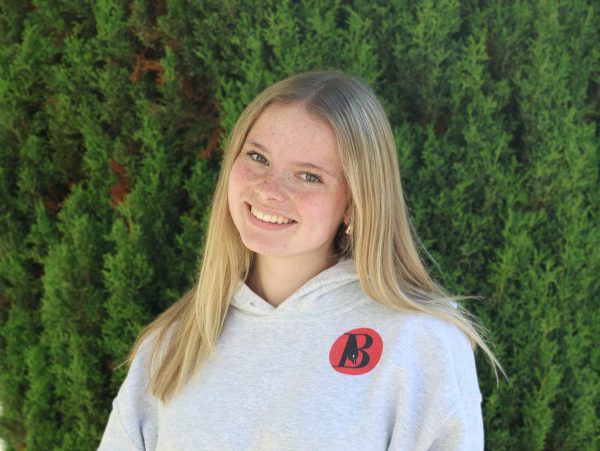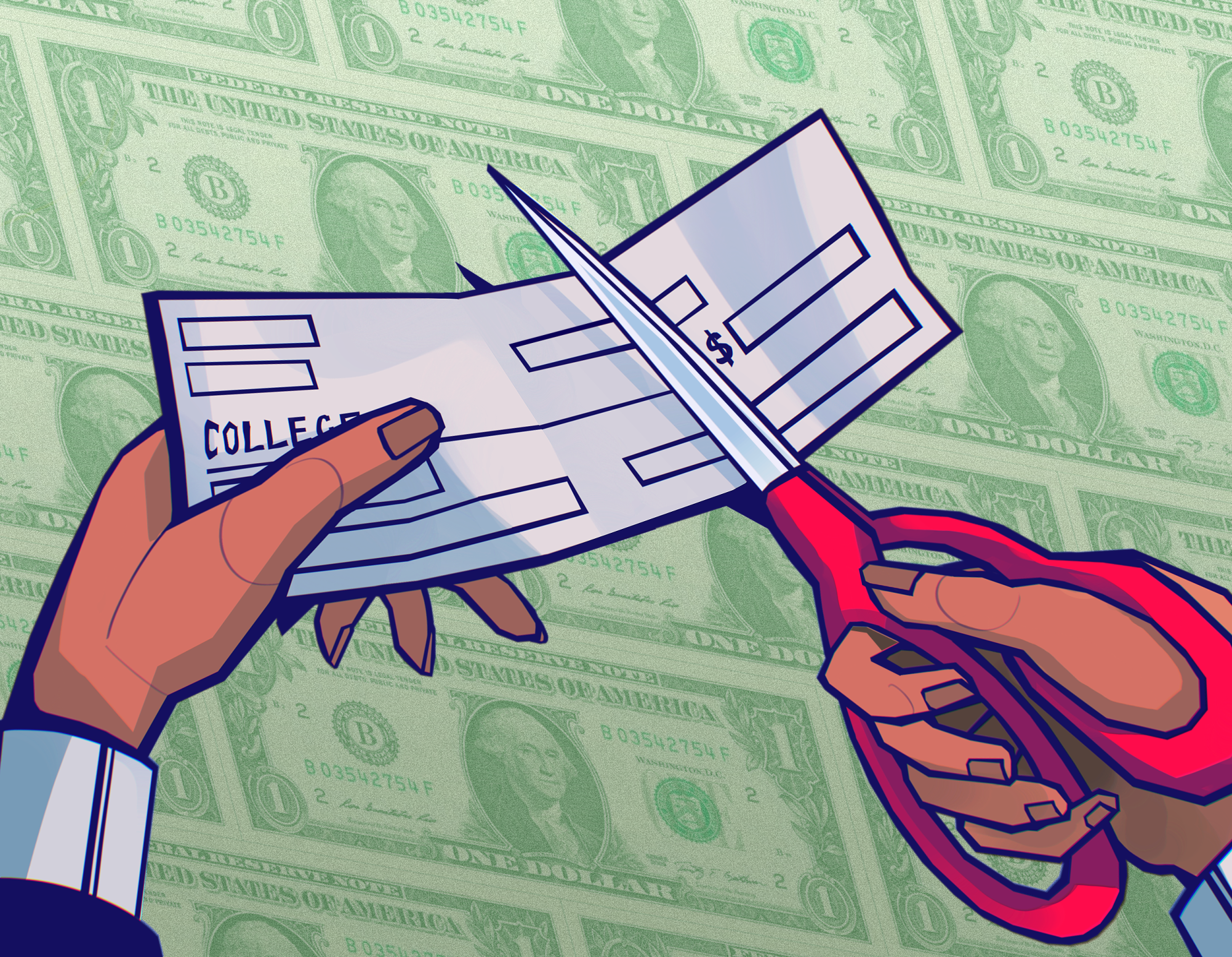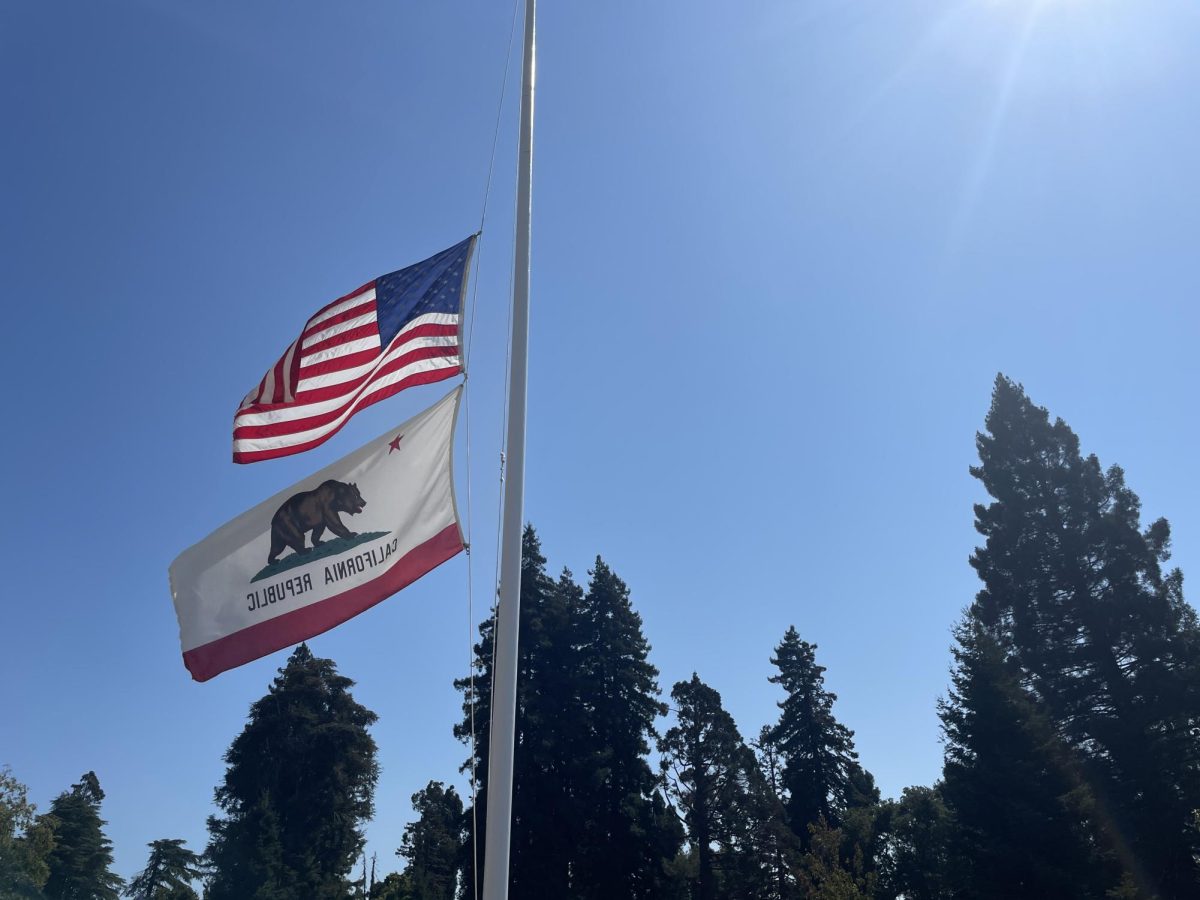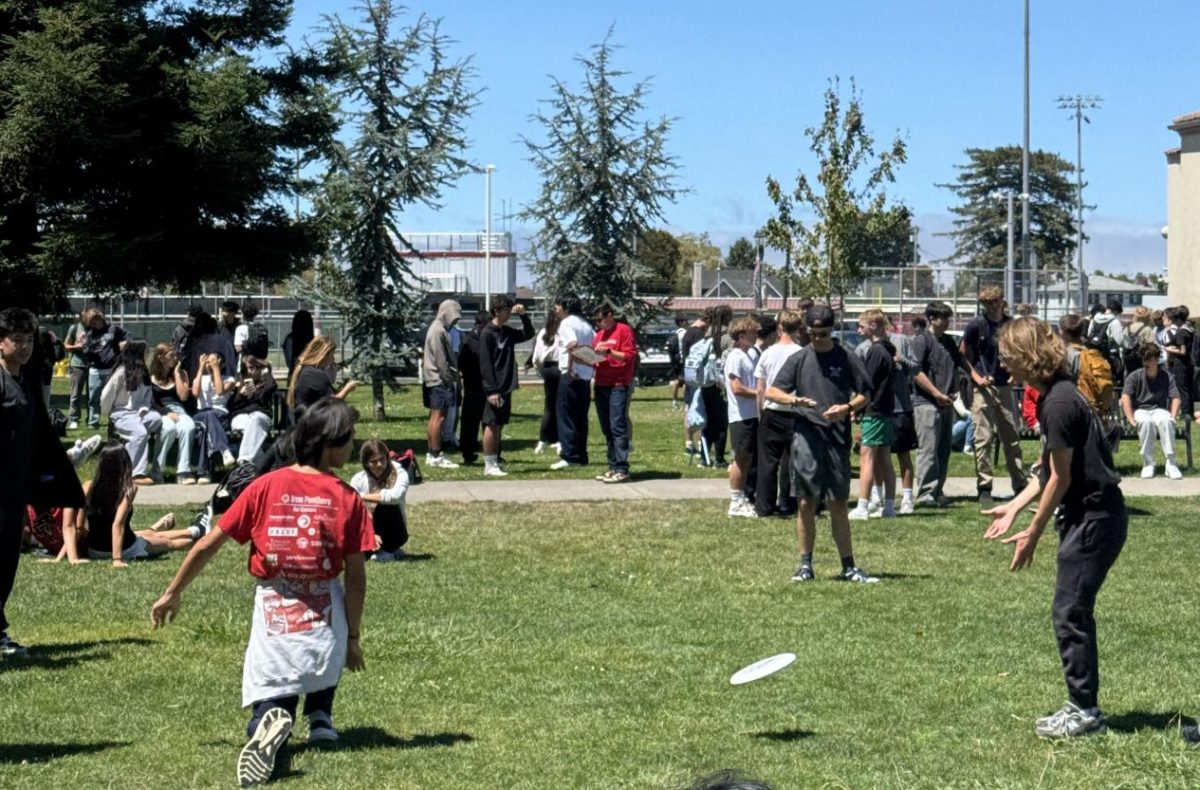Trump administration freezes billions in private university funding
On March 3, the Trump administration announced that Columbia University would be subject to a “comprehensive review” of its federal grants, according to a joint memo from the Department of Health and Human Services, the Department of Education, and the U.S. General Services Administration. The announcement said that Columbia was under review for potentially violating Title VI of the Civil Rights Act, partly due to the university’s “ongoing inaction in the face of relentless harassment of Jewish students.” Within days, Columbia lost $400 million in federal funding. By the end of the month, Harvard University, Brown University, Northwestern University, the University of Pennsylvania, and Cornell University had also come under federal review, resulting in hundreds of millions of dollars in funding frozen at each institution, according to the New York Times.
In a March 13 letter to former Columbia interim president Dr. Katrina Armstrong, the Trump administration issued a series of demands, among them “delivering a plan for comprehensive admissions reform,” “enforcing existing disciplinary policies,” and to “formulate, adopt, and promulgate a definition of anti-semitism.”
Other universities received similar demands in separate letters. Some universities, including Columbia, complied with the Trump administration’s demands. According to the New York Times, Columbia agreed to ban face masks on campus, expand the authority of its security officers, and appoint a new senior vice provost to review several programs, including the Department of Middle Eastern, South Asian, and African Studies. Other universities responded in similar ways, such as Cornell, where a group called Students for Justice in Palestine was suspended for allegedly disrupting campus activities.
However, when Harvard was faced with these cuts, their administration chose a different approach: to publish a letter rejecting the Trump administration’s demands.
“A lot of these institutions played ball with Trump, but Harvard was one of the first to push back against Trump and basically risk losing millions, if not billions of dollars,” University of Santa Cruz professor Nolan Higdon said.
In addition to the federal funding cuts, Harvard has become ineligible for any future grants, as outlined in a May 5 letter from Education Secretary Linda McMahon, where she said Harvard had “failed to abide by its legal obligations, its ethical and fiduciary duties, its transparency responsibilities, and any semblance of academic rigor.” Contrary to McMahon’s justification, Higdon said the funding cuts are motivated by the belief that higher education influences values and behaviors.
“Trump’s attack is really a part of a larger culture war,” Higdon said. “Higher education in general is a very influential system, and people who go through college tend to have different tastes, different voting patterns, different cultural practices than those who don’t.”
Harvard’s funding cuts have already affected medical research, freezing programs such as a $60 million tuberculosis research consortium and neuroscience studies on Alzheimer’s and Parkinson’s, according to the Harvard Gazette. In addition to cuts in medical programs, Harvard’s administration warned several social science departments that they could face budget reductions of up to 20%.
“I think you’re going to see a reduction in services for students, I think you’re going to see a reduction in faculty, I think you’re going to see a reduction in administrative positions,” Higdon said.
Senior Sydney Chen, who will attend Northwestern in the fall, said she had heard of several programs affected by funding cuts, including the Keller Graduate School of Management. Northwestern — whose president signed Harvard’s letter rejecting the Trump administration’s demands — has already had $790 million in federal grants frozen as of Wednesday, May 21, according to The Daily Northwestern. Chen said she was initially drawn to Northwestern because of its diversity, but the potential reduction of the school’s Diversity, Equity, and Inclusion (DEI) programs has made her uncertain about what to expect.
“It’ll definitely be a lot trickier. I was actually really surprised when I saw Northwestern take down all their DEI websites, because that’s one of the main things they are about: diversity and inclusion,” Chen said. “I do think that Northwestern will still continue to try and work their way around the Trump administration’s executive orders in more subtle ways, and while it might not be officially on their websites, I still think there’s going to be affinity groups and clubs on campus.”
At Yale, where senior Ryan Wang will attend in the fall, administrators supported Harvard’s resistance to the Trump administration, signing a letter protesting the “unprecedented government overreach and political interference now endangering American higher education.” Wang said he witnessed mixed reactions to the university’s response during his visit in April.
“When I was on campus, I actually talked with the students about this issue. And it turns out that the Yale student body is also kind of quite divided,” Wang said. “So half of the people applaud the Yale president, not Trump, but the president of Yale for being able to save Yale from those cuts. And the other half of the Yale students do not like the Yale president and believe that Yale should, just like Harvard, stand up against the Trump administration.”
Meanwhile, Lucas Keeley, an incoming freshman at Columbia, said the university’s limited communication leaves students in suspense.
“There’s definitely been no direct communication about what changes are happening in terms of the programs at Columbia,” Keeley said. “[There’s] a sense of confusion, a sense of waiting for the ball to drop.”
According to Wang, the overlap between the Trump administration’s influence and the autonomy of these universities has made the issue particularly controversial. Wang said that since many of the targeted universities are private, the government’s involvement challenges the independence of those institutions.
“[Private universities] are an organization that wants to make money. And if you look at it that way, I don’t think any government should have the ability to control and manipulate how a particular American business does things, it should be privately owned. They have their own executive board team, and they make their own decisions about how they want to teach their kids,” Wang said. “I think that is definitely an abusive use of power for the administration to do this. But also on the other side of things, at the end of the day, the government is making laws. They are enforcing laws.”
Higdon said the funding cuts could cause permanent damage to universities across the country.
“The power of faculty has already been getting gutted for about four years anyway,” Higdon said. “It’s already in such a weakened state that someone like Trump coming in and making these moves, a lot of people realize, could be a fatal blow for many departments and faculty members.”
Your donation will support the student journalists of Burlingame High School - CA. Your contribution will allow us to purchase equipment and cover our annual website hosting costs.
